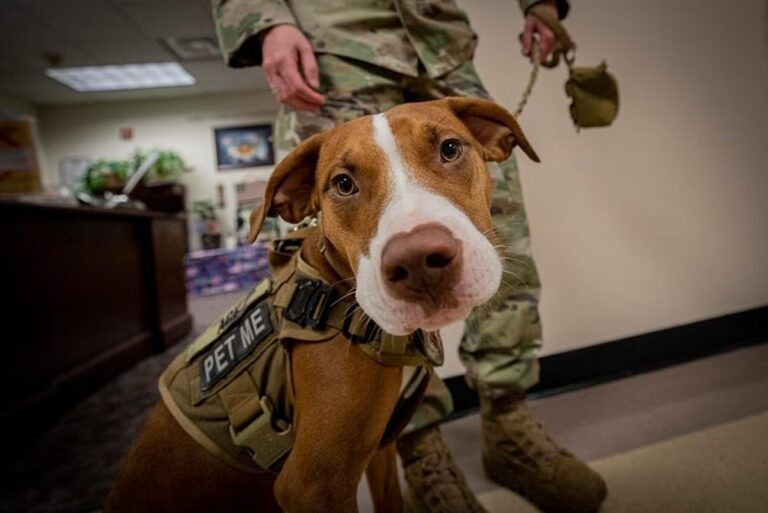
DU research promotes human-animal connection
Research has shown that animals are good for your mental health. Merely petting a dog causes the release of dopamine and serotonin, and the mere presence of them can help with depression and anxiety.

Research has shown that animals are good for your mental health. Merely petting a dog causes the release of dopamine and serotonin, and the mere presence of them can help with depression and anxiety.
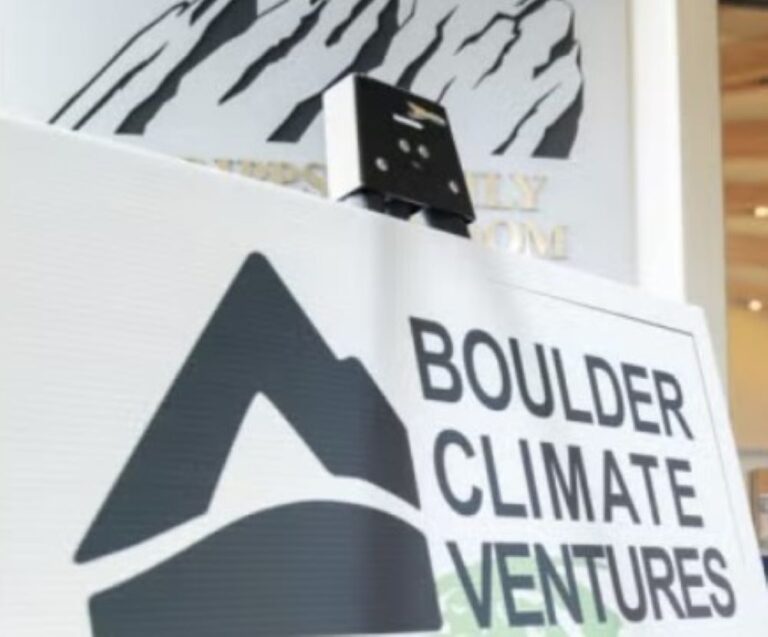
The University of Colorado, with the backing of Bill Gates’ Breakthrough Energy initiative, has launched Boulder Climate Ventures, a program aimed at helping CU students found startup companies that address climate challenges.
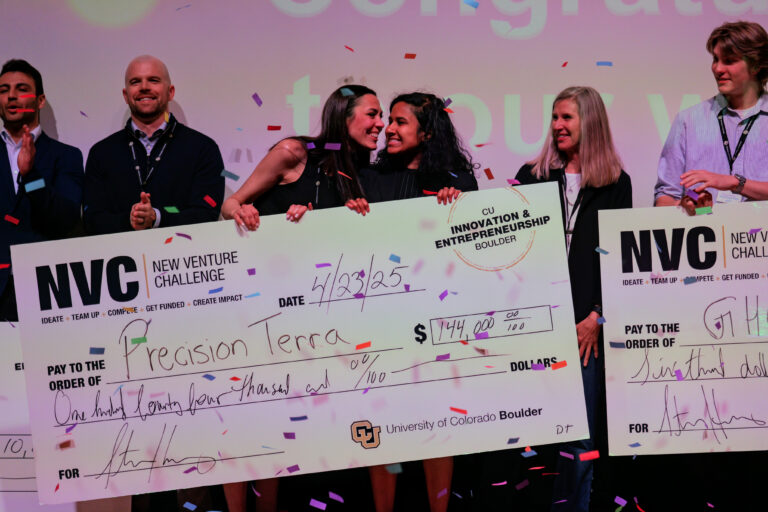
Two student- and alumni-led startups focusing on new technologies have taken home the top awards at the University of Colorado Boulder’s annual New Venture Challenge competition.
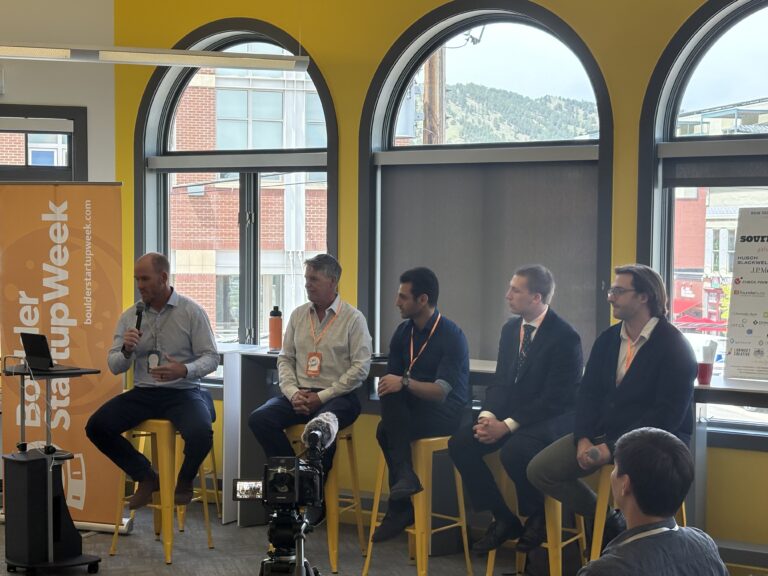
Even if you understand the basics of quantum theory — a big if — wrapping your mind around the near-term utility of quantum technologies can be a stumbling block.
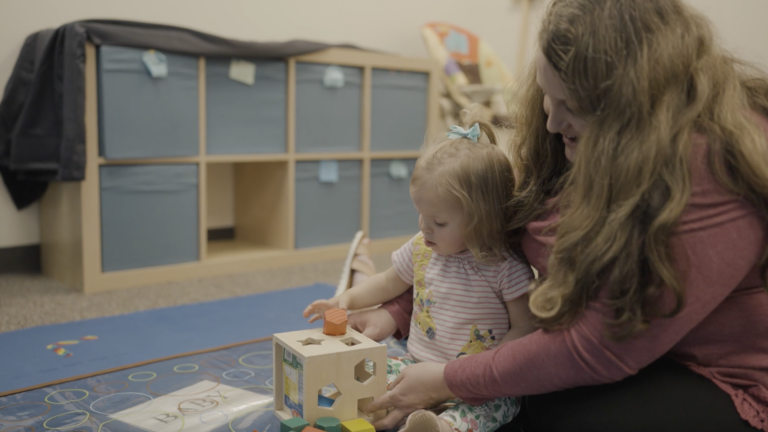
At the University of Denver, the Stress, Early Experiences, and Development (SEED) Research Institute is tackling big issues affecting small children. Founded in 2014 as the SEED Research Center, it became the SEED Research Institute in early 2024.
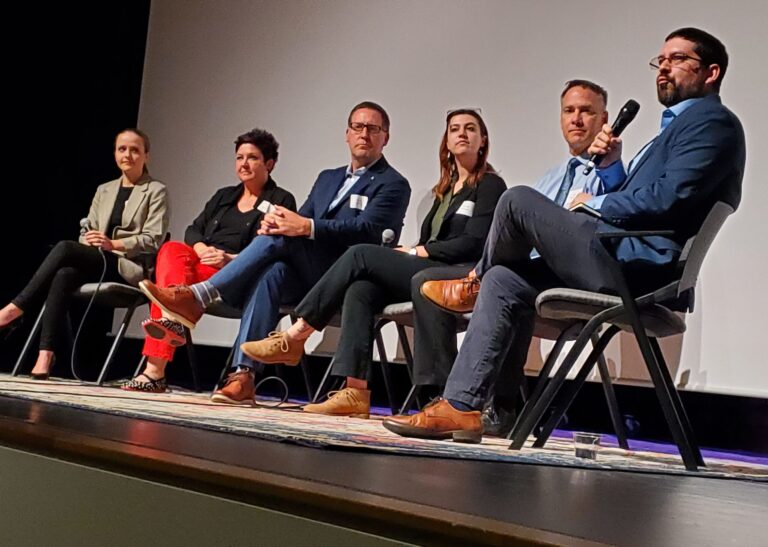
Although they expressed concern about whether federal research funding would continue, panelists at a Longmont Economic Development Partnership summit on Tuesday agreed that industries involved in quantum computing would continue to grow.
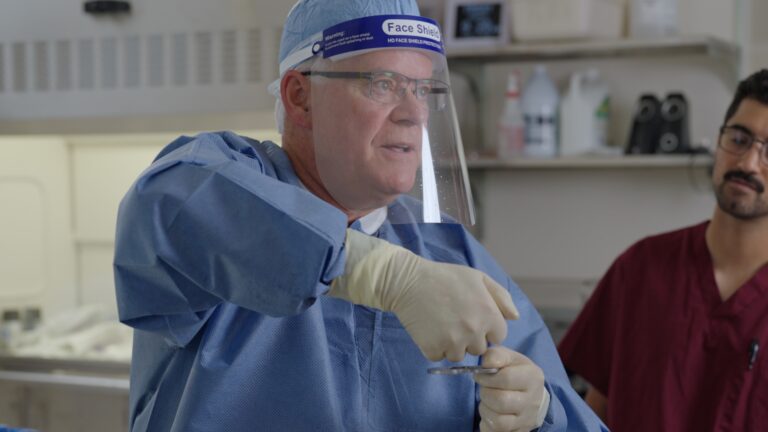
Founded in the late 1990s by University of Denver faculty members Paul Rullkoetter, Ph.D., and Peter Laz, Ph.D., the Center for Orthopaedic Biomechanics has helped catalyze a wide range of innovations in implants and relevant surgeries in the years since.
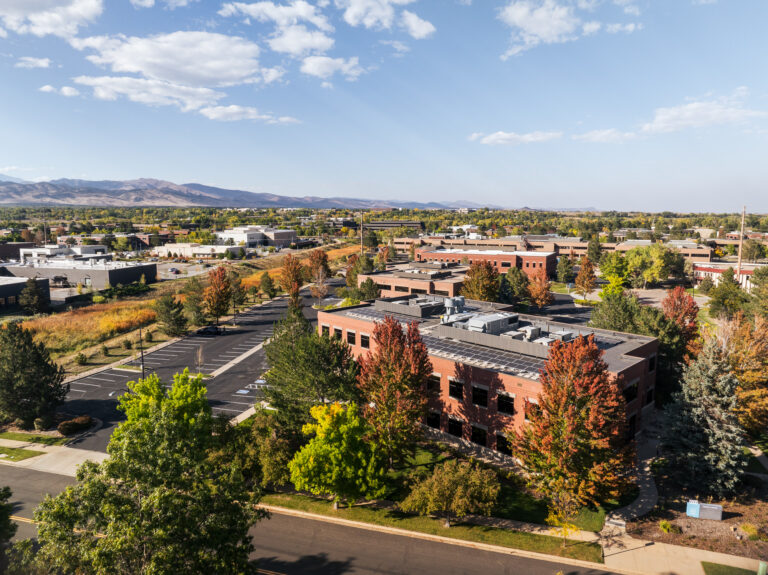
Colorado — and particularly the Boulder area — has for decades been a global epicenter for quantum research, and now, as that research is beginning to be commercialized, business, government and higher-education leaders are jockeying to position the state and region as titans of the emerging quantum economy.

Given its vastness and seemingly unlimited potential, it seems a bit silly to think about attempting to tame space with man-made regulations. But as humanity casts its gaze further into the cosmos and fills Earth’s orbit with more satellites, space craft and debris, conversations — like the one organized Monday by Silicon Flatirons — about space policy and the development of an international framework for regulations will likely become more commonplace.
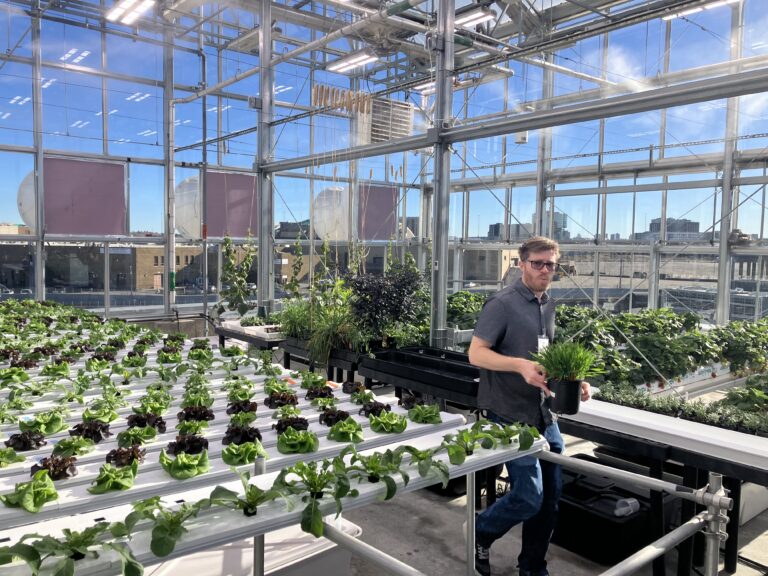
While dense urban areas make up a relatively small portion of Colorado’s landmass, the overwhelming majority of the state’s population lives in metropolitan zones where they tend to have infrequent personal contact with the farms and ranches where their food originates.